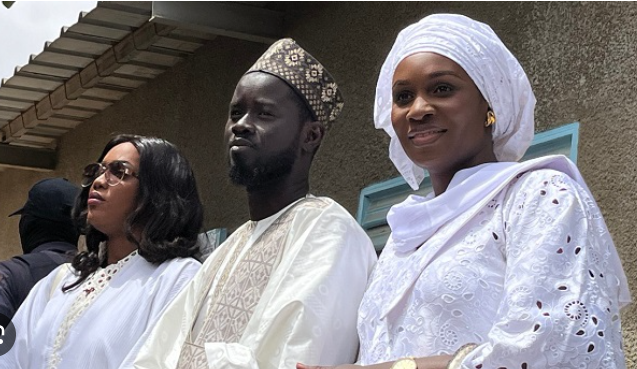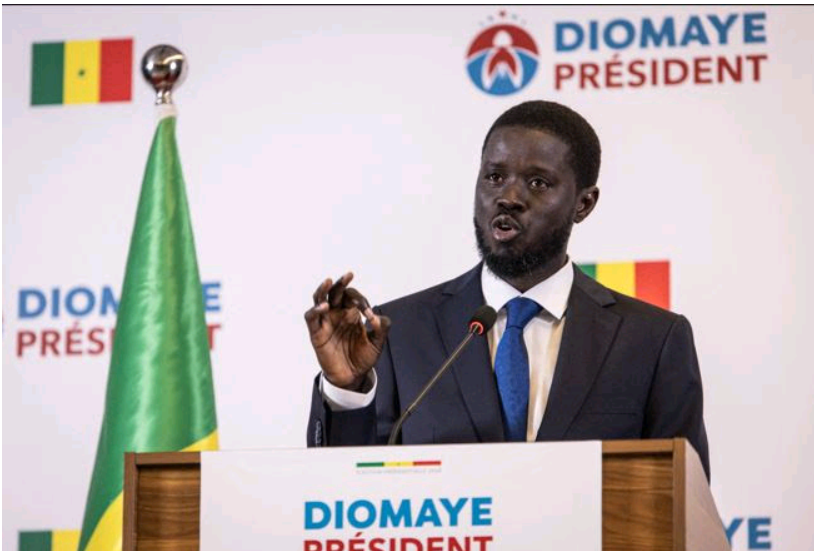By Andrew Jason, Journalist/Analyst
IN A LANDMARK moment for Senegal, Bassirou Diomaye Faye has been inaugurated officially becoming the nation’s new president.
And with an unprecedented twist – he took his oath of office with both of his wives, Marie and Absa, by his side as he assumed the highest office in the land.
Faye’s journey to the presidency has been nothing short of remarkable. Less than two weeks before the March 24 election, he was released from prison alongside his mentor and popular opposition figure, Ousmane Sonko, following a political amnesty declared by the outgoing President Macky Sall.
This marked the culmination of a long struggle for democracy and the rule of law in Senegal.
The election itself was a test for Senegal’s reputation as a stable democracy in West Africa, amidst months of unrest sparked by concerns over constitutional term limits and government repression.
Faye campaigned on promises to combat corruption and manage the country’s resources more effectively, resonating particularly with young voters who had been frustrated with unemployment and perceived foreign influence.
During his campaign, Faye made a bold statement of transparency by disclosing his assets and calling on other candidates to do same. He vowed to fight corruption and implement economic reforms, setting a tone of accountability from the outset.
What made Faye’s inauguration even more remarkable was the presence of his two wives, Marie and Absa, at the ceremony. In a country where polygamy is deeply ingrained in the culture, Faye’s public display of his marital situation was met with a mix of praise and criticism.

While some hailed it as a reflection of Senegalese reality and tradition, others, including women’s rights advocates, raised concerns about the fairness and equality within polygamous unions. Polygamy has long been a subject of controversy in Senegal, with societal attitudes and legal frameworks evolving over time.
Faye’s inauguration has prompted discussions, not only about polygamy, but also about the role of tradition in modern governance. Sociologists and commentators have pointed to the need for a nuanced understanding of cultural practices and their implications for society.
As Faye assumes office, all eyes are on his promised reforms and his ability to address diverse challenges facing Senegal.
His Presidency marks a new chapter in the country’s history, characterized by both continuity and change.
With his two wives by his side, Faye embarks on a journey with a unique perspective on leadership and family, igniting conversations about tradition, modernity and governance in Senegal.
Andrew Jason is a Senegal-based journalist and public affairs analyst.





